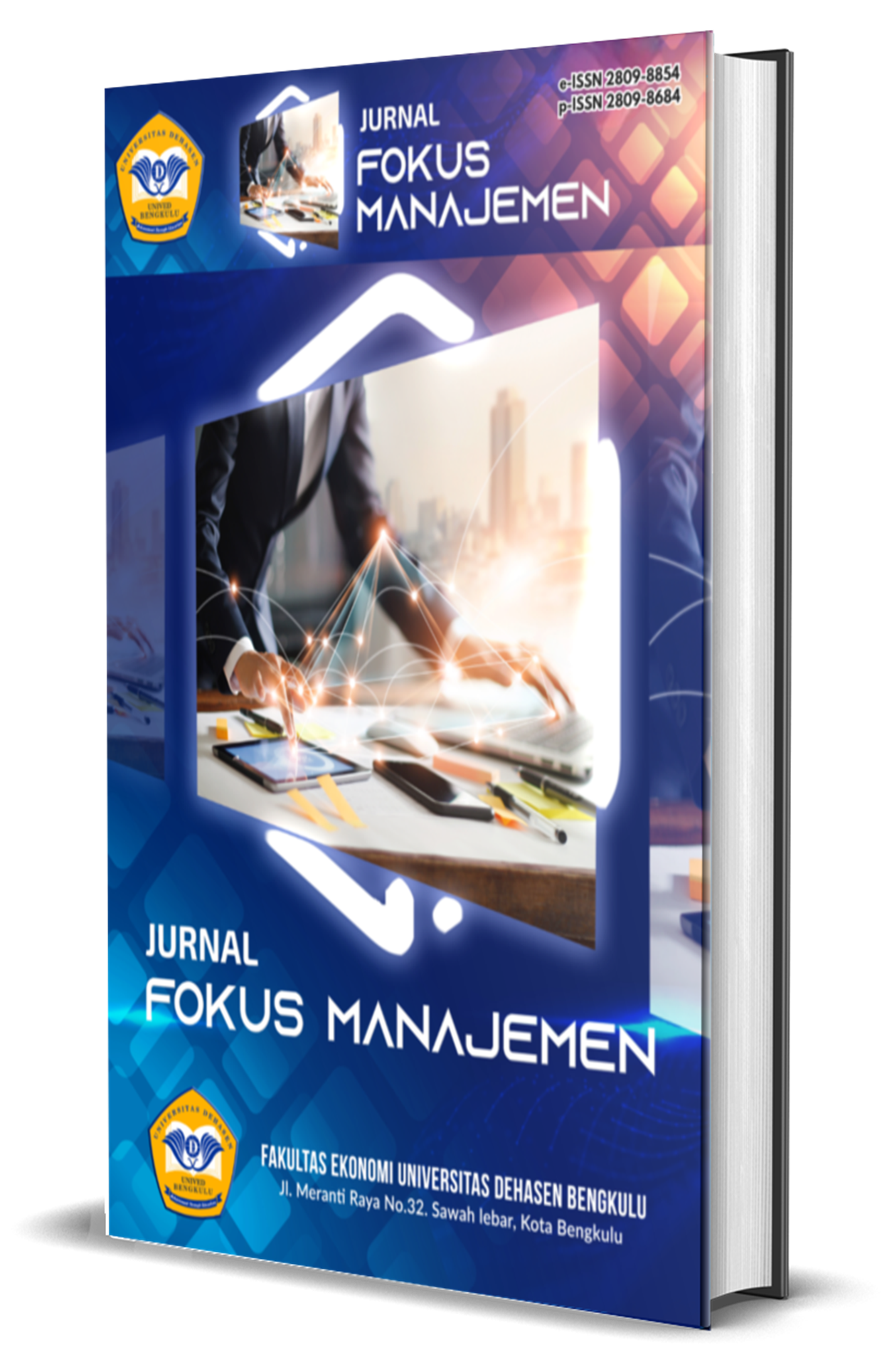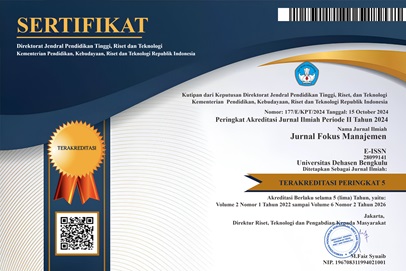Micro-Retirement Among Generation Z: A Conceptual Framework For Understanding Periodic Career Interruption As An Alternative Life-Work Integration Strategy
Abstract
This study aims to introduce and theoretically examine the phenomenon of “micro-retirement” among Generation Z, defined as a career management strategy that involves taking periodic unpaid career breaks throughout one’s working life, rather than deferring personal fulfilment until traditional retirement. This conceptual study synthesizes literature on career development, generational studies, and work-life integration. The theoretical framework draws upon life course theory, career construction theory, and work-life boundary theory to conceptualize micro-retirement as a career strategy with distinct antecedents, manifestations, and consequences. The findings suggest that micro-retirement is a multidimensional phenomenon encompassing periodic disengagement from work, experiential prioritization, and financial-temporal optimization. A theoretical model is presented that links generational values, economic realities, and career development needs as drivers of adopting this strategy. Micro-retirement is positioned both as a response to the inadequacies of conventional career models and as a proactive strategy for achieving sustainable work-life integration. The main limitation of this study lies in the need for empirical validation across different contexts and cultures, as well as further exploration of its long-term impacts on careers and financial well-being. This research contributes theoretically to the fields of career development, youth generational studies, and organizational human resource management by encouraging a redefinition of career success and more flexible talent retention strategies aligned with the aspirations of Generation Z.
Downloads
Copyright (c) 2024 Supriadi Supriadi

This work is licensed under a Creative Commons Attribution-ShareAlike 4.0 International License.
An author who publishes in the Jurnal Fokus Manajemen (JFM) agrees to the following terms:
Author retains the copyright and grants the journal the right of first publication of the work simultaneously licensed under the Creative Commons Attribution-ShareAlike 4.0 License that allows others to share the work with an acknowledgement of the work's authorship and initial publication in this journal
Submission of a manuscript implies that the submitted work has not been published before (except as part of a thesis or report, or abstract); that it is not under consideration for publication elsewhere; that its publication has been approved by all co-authors. If and when the manuscript is accepted for publication, the author(s) still hold the copyright and retain publishing rights without restrictions. For the new invention, authors are suggested to manage its patent before published. The license type is CC-BY-SA 4.0.
Jurnal Fokus Manajemen (JFM) is licensed under a Creative Commons Attribution-ShareAlike 4.0 International License.
You are free to:
Share — copy and redistribute the material in any medium or format
Adapt — remix, transform, and build upon the material
for any purpose, even commercially.
The licensor cannot revoke these freedoms as long as you follow the license terms.






